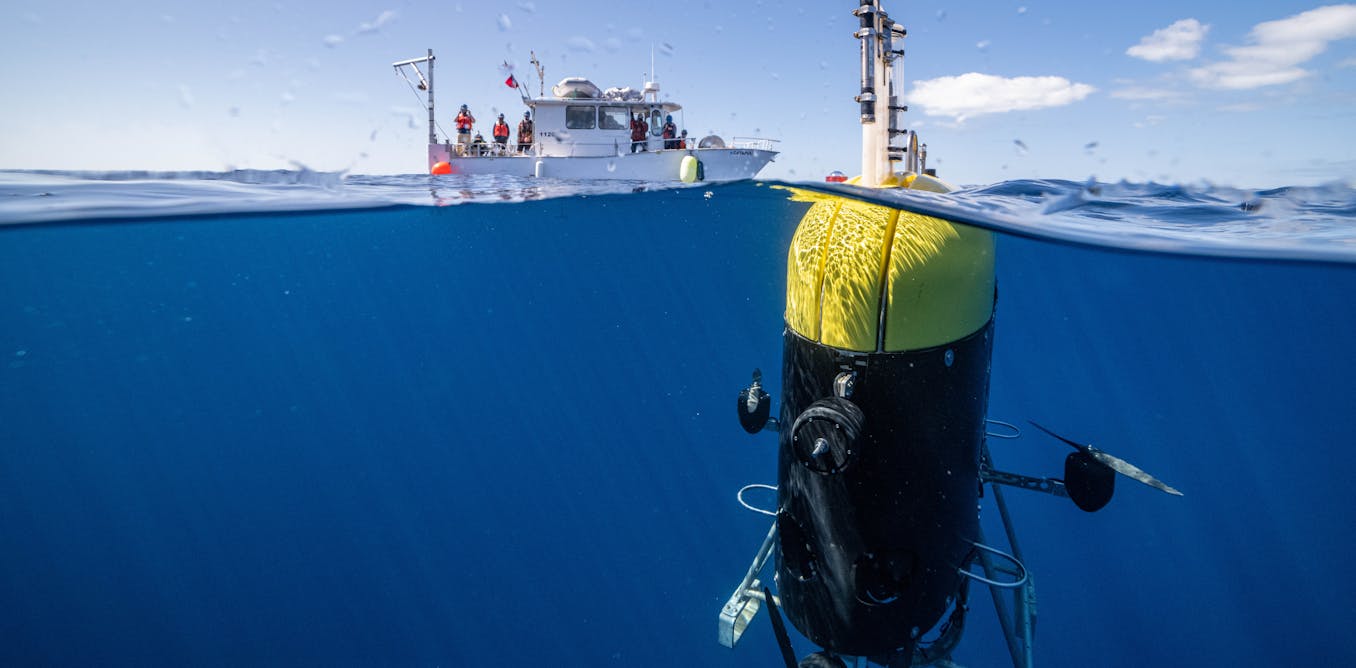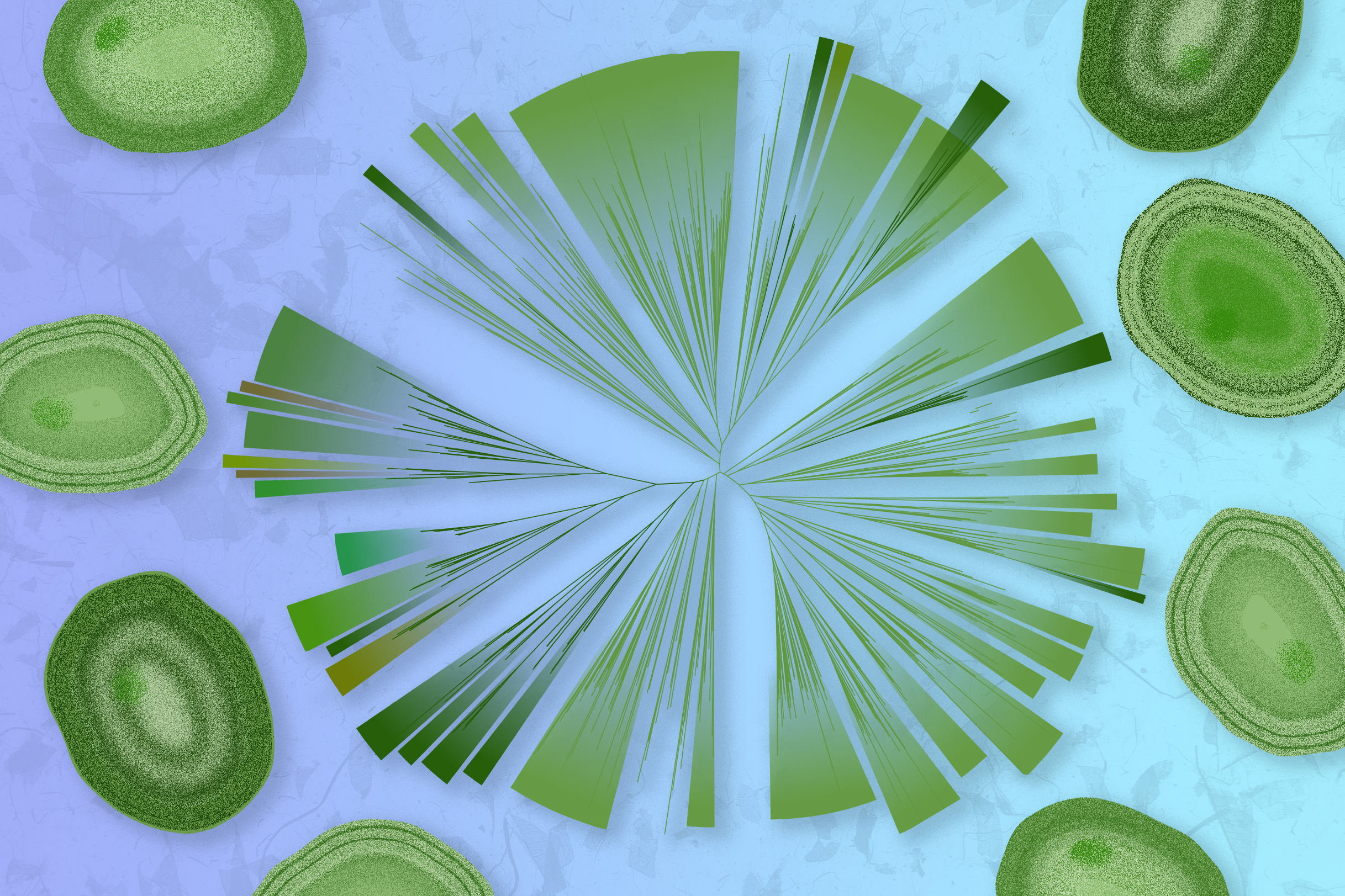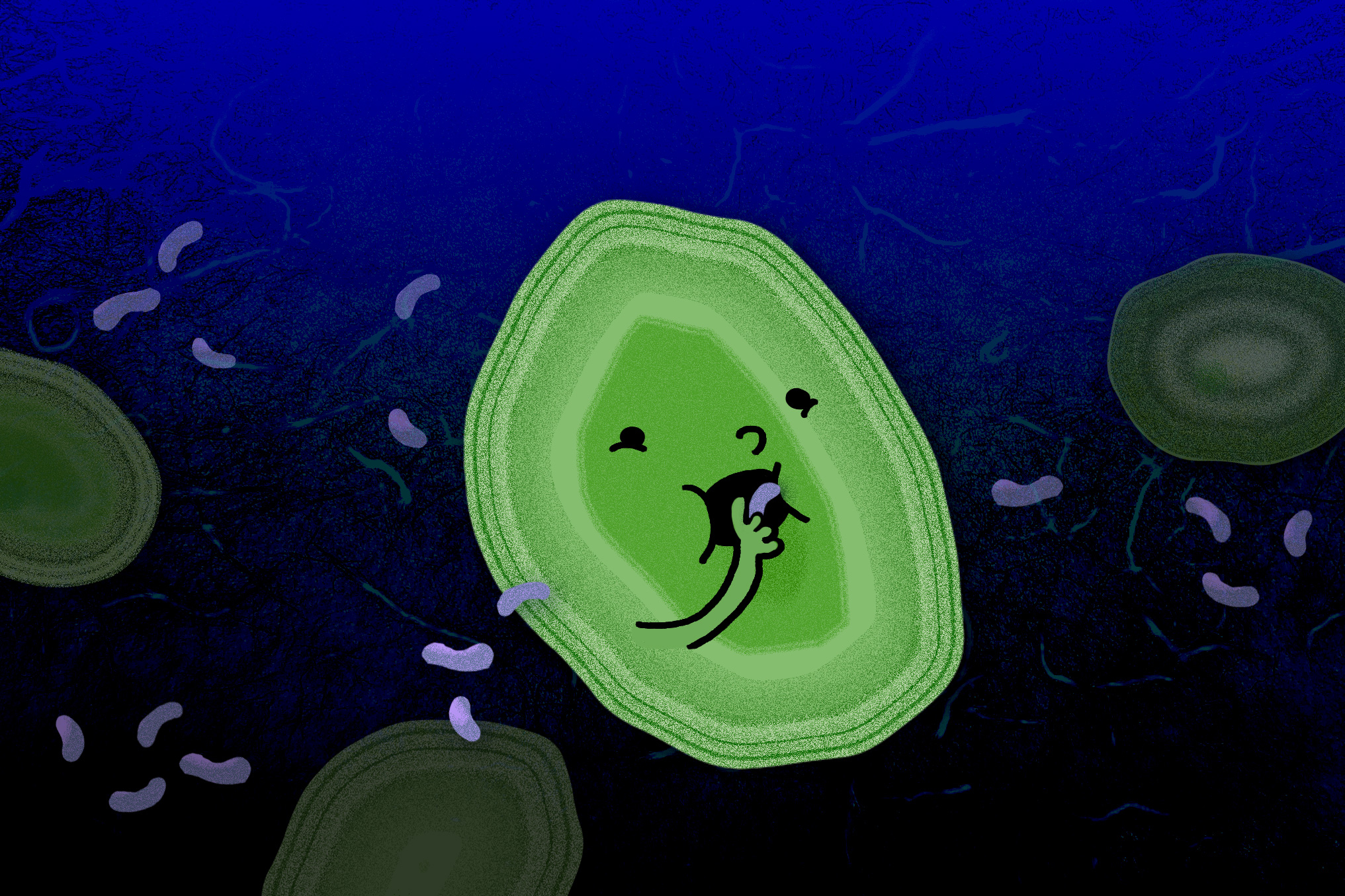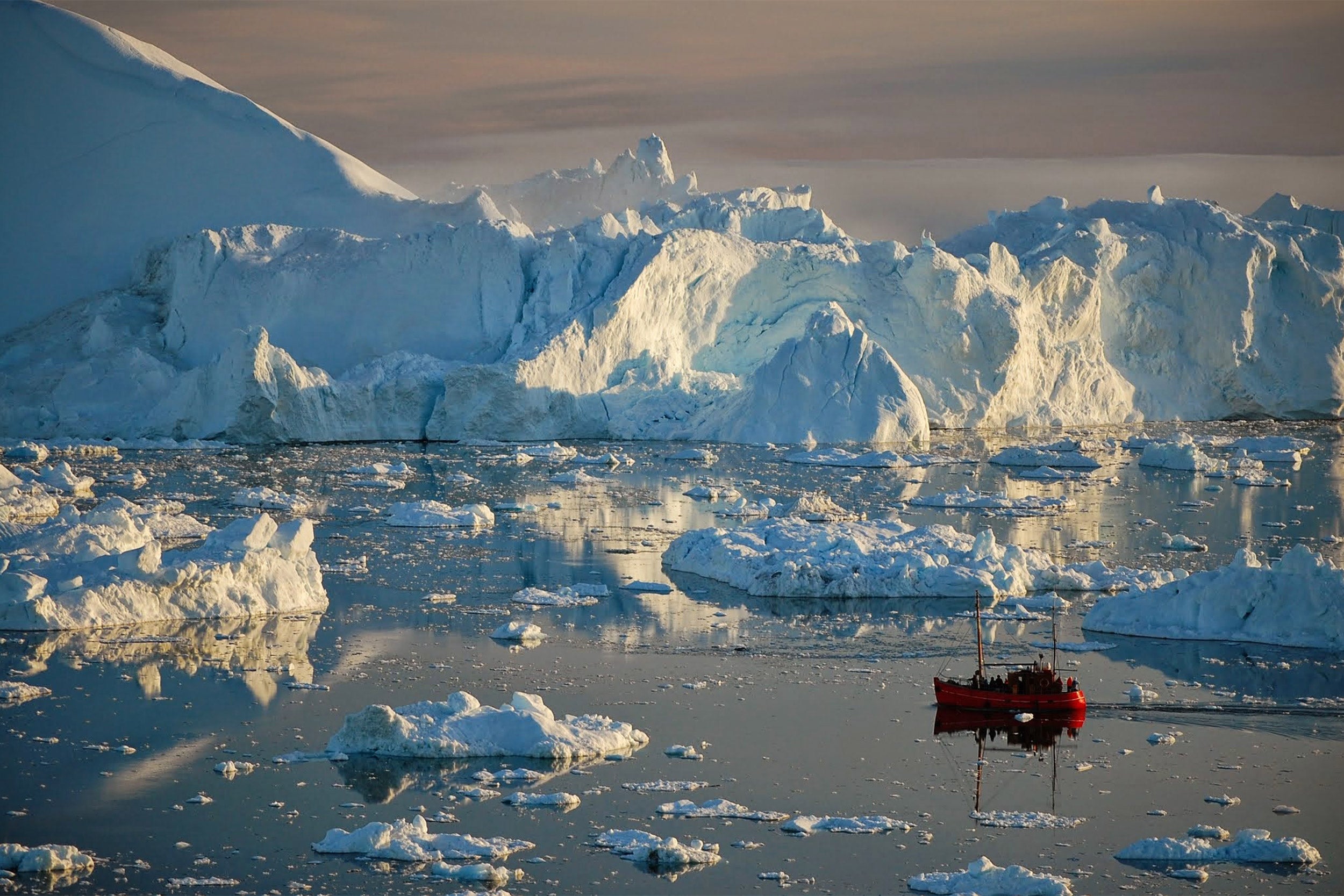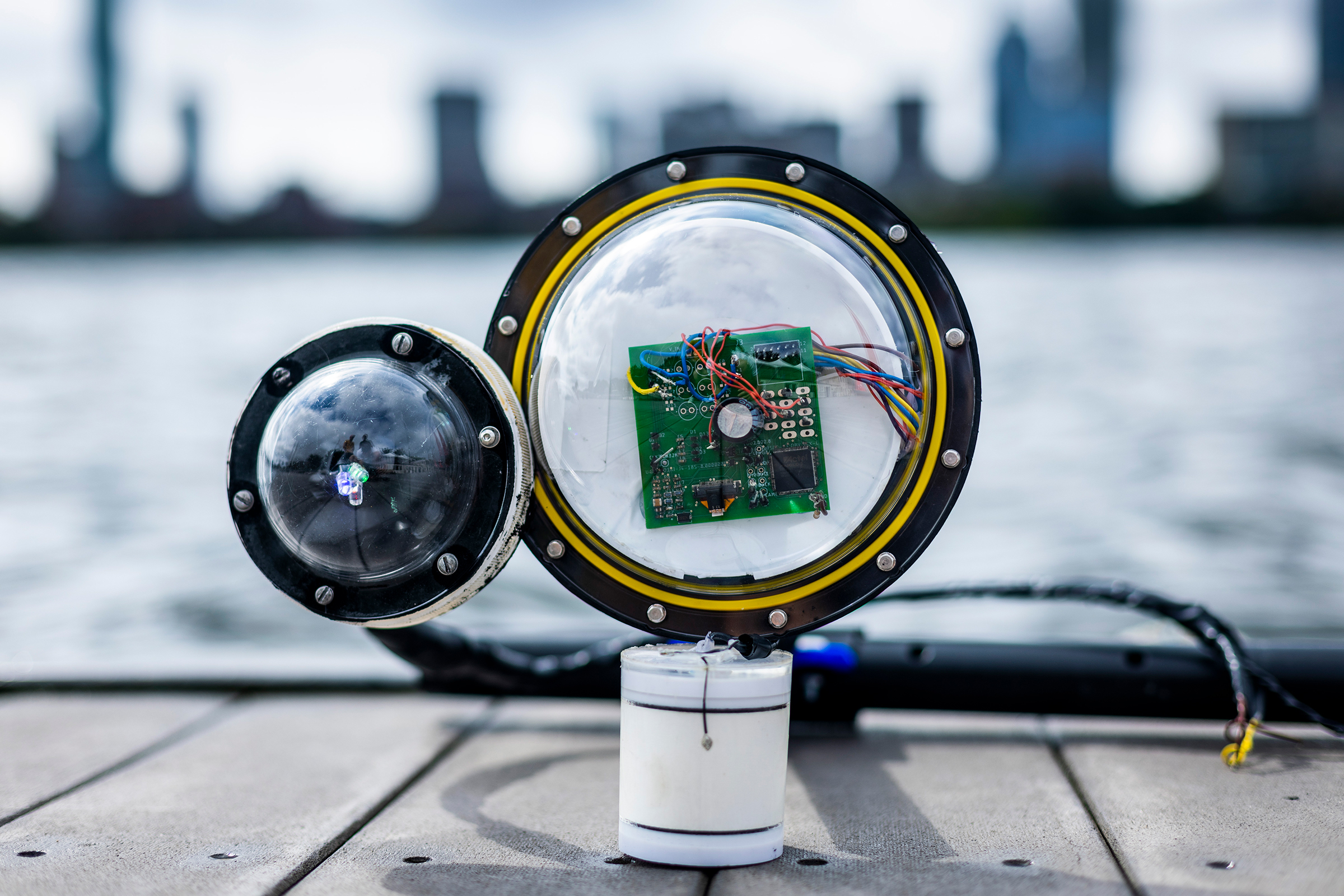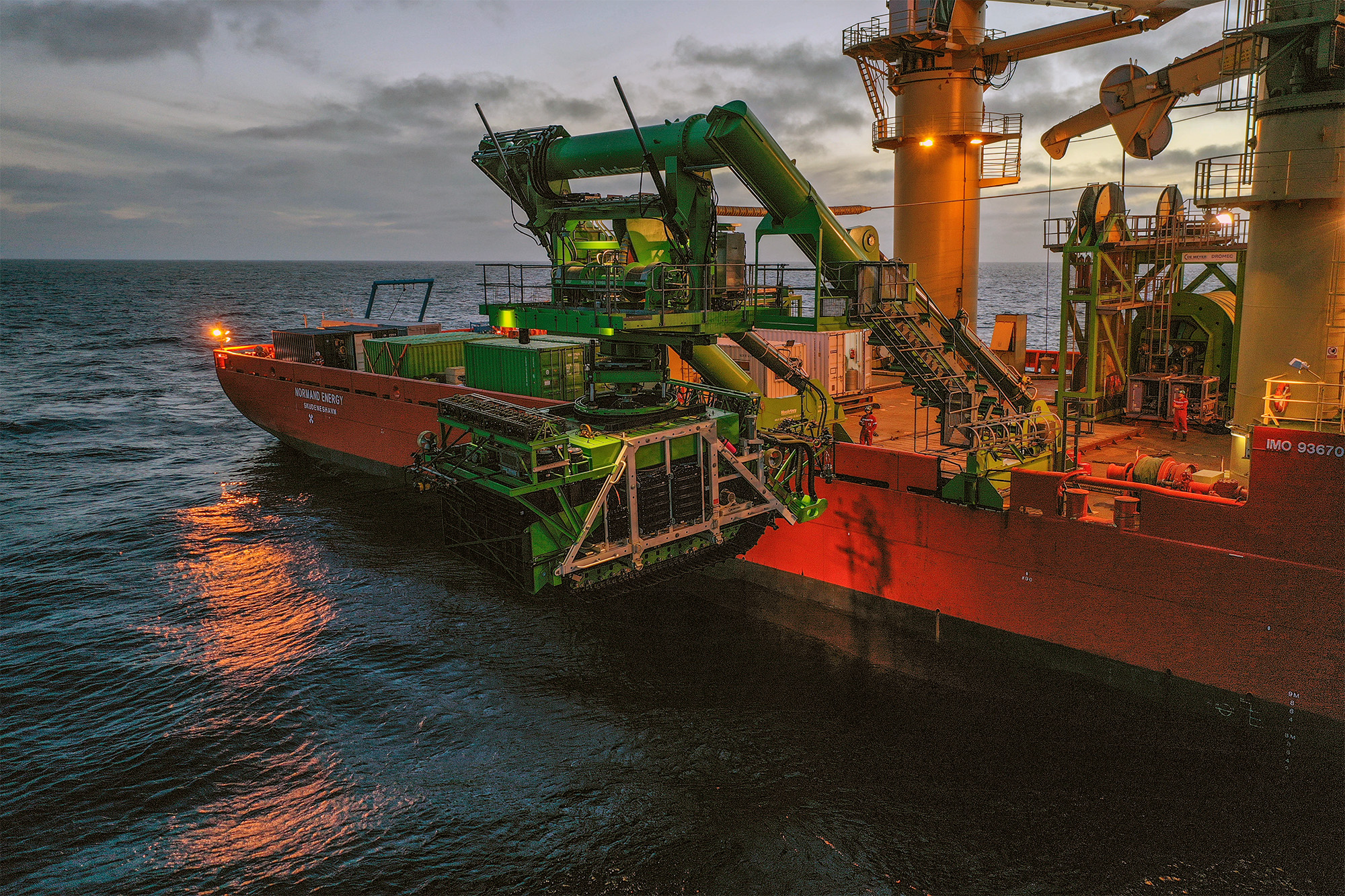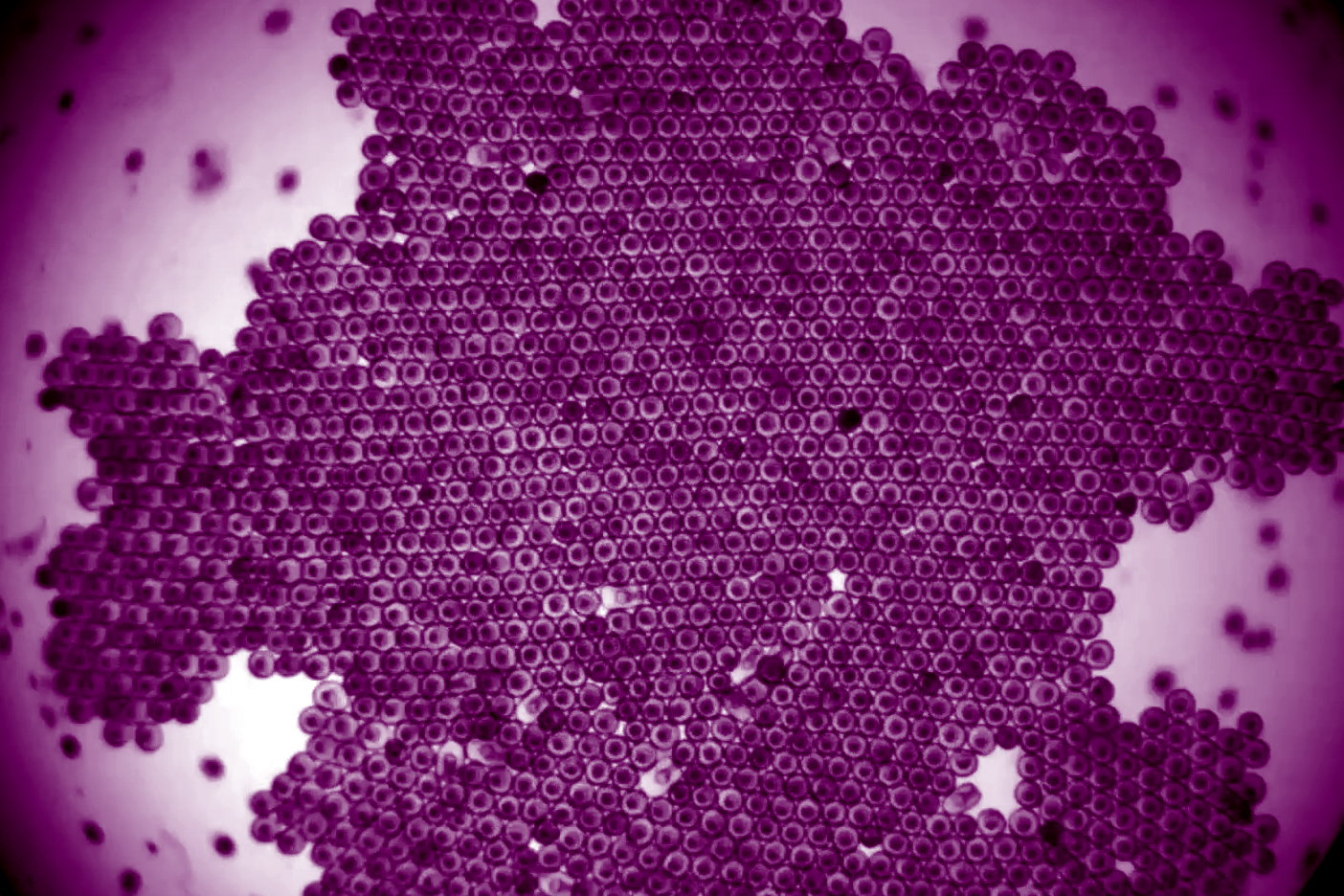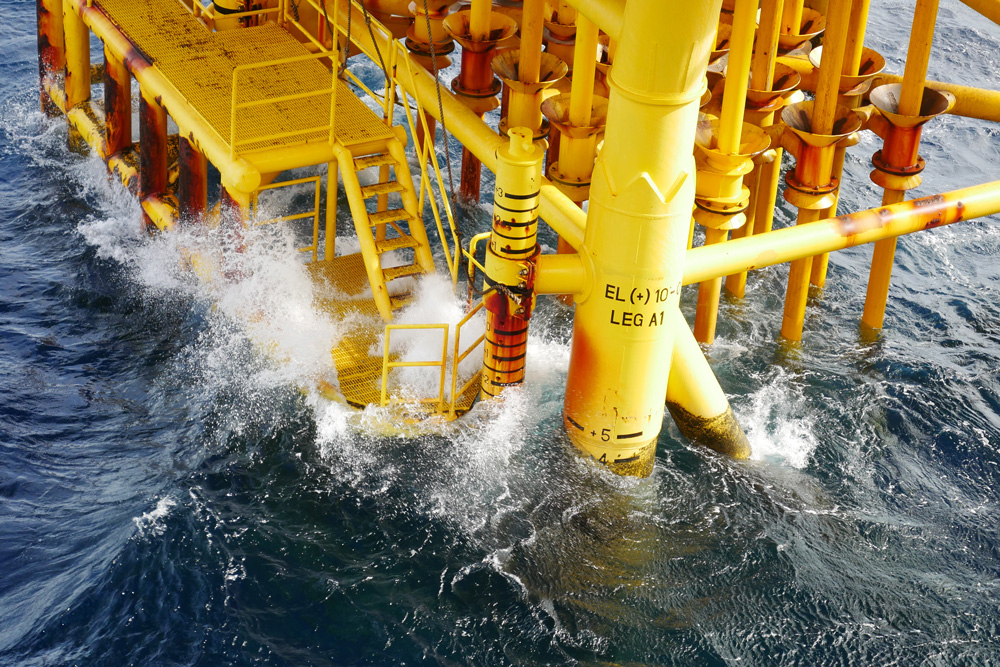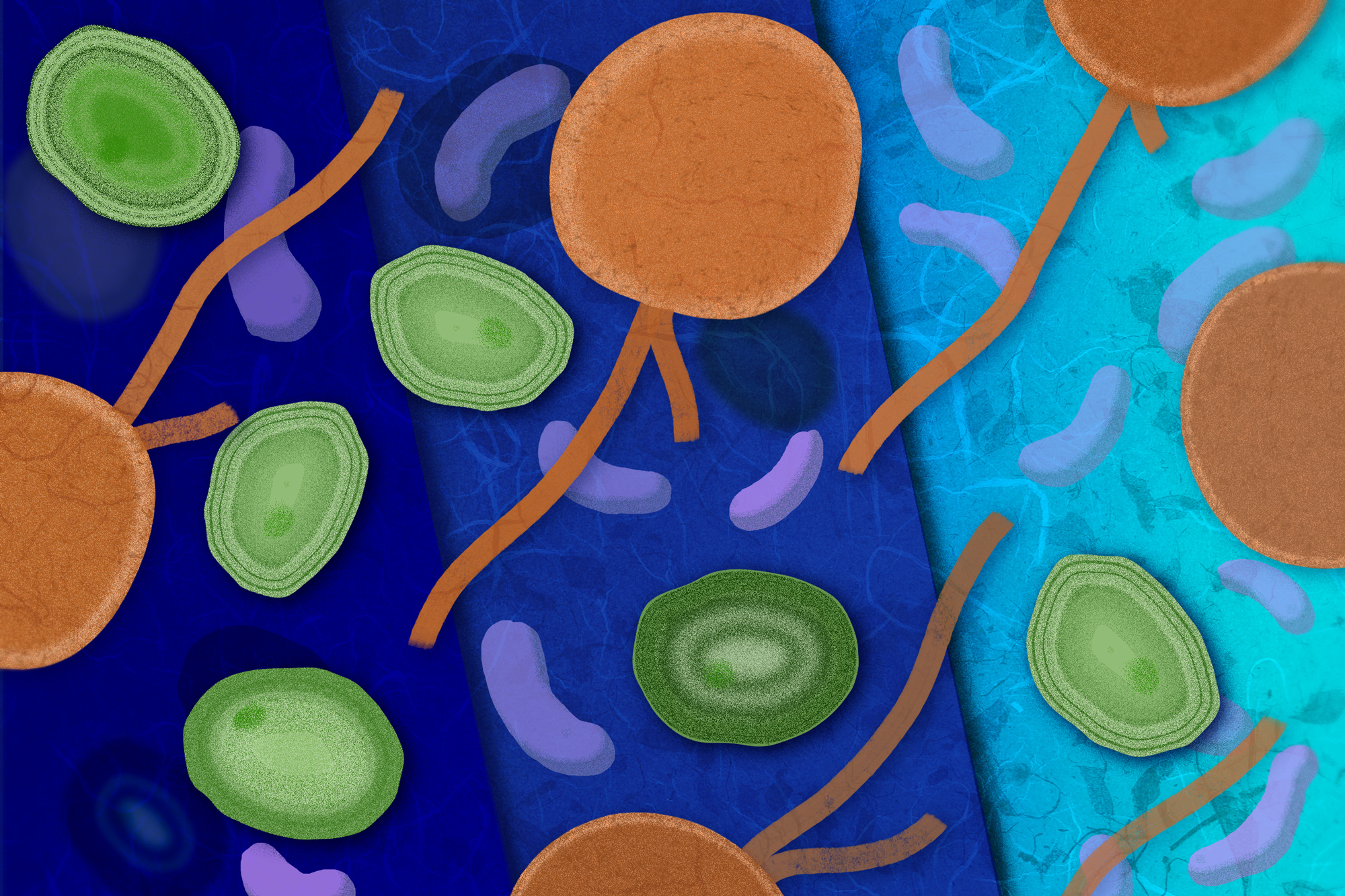The ocean twilight zone could store vast amounts of carbon captured from the atmosphere – but first we need to build a 4D system to track what's going on down there
An ocean scientist describes plans for an ‘internet of the ocean,’ with sensors and autonomous vehicles that can explore the deep sea and monitor its vital signs.
Feb. 1, 2023 • ~12 min

